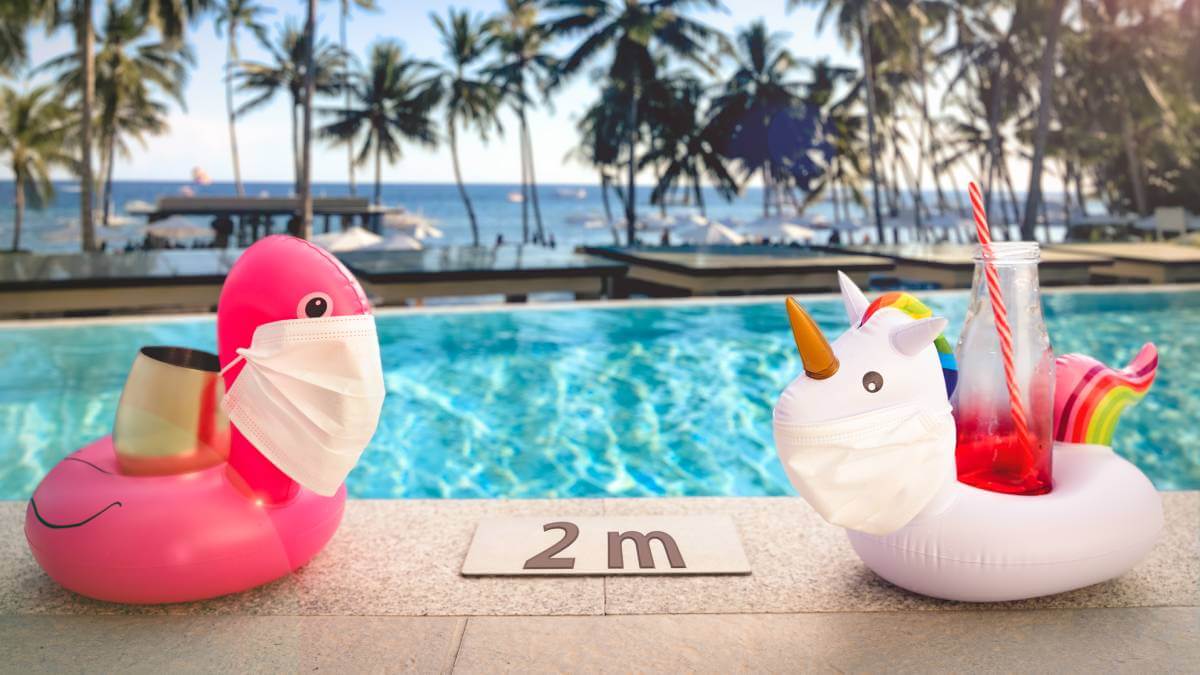We are all a bit battle-scared about travelling and the pandemic.
Many of us lost money, and the airlines and tourism businesses did not make it easy to refund for services not rendered.
Qantas has admitted that it is holding $370 million in flight credits and another $50 million in overseas flight credits. Credits is a polite way of saying they won’t refund you, and you have to fly with them again instead.
And many people found to their dismay that their travel insurance did not cover pandemic-related costs, leaving them stranded overseas or out of pocket.
So if you want to travel with confidence, what can you do?
Read the fine print
Well, according to the Insurance Council of Australia before the pandemic most regular travel policies did not cover outbreaks of infectious diseases, pandemics, epidemics and/or known events.
Many travel insurers now offer limited coverage for COVID, but what they cover varies quite a lot, so you are going to have to shop around for the inclusions you want.
Research all available policies, ask advice and read the product wording carefully and check all conditions, inclusions and exclusions.
Some policies will include medical and repatriation costs if you get COVID. Others will also include cover for cancellation costs, although this is generally very limited in nature.
The one exception is cruises. Many insurers will not cover multi-night cruises or may restrict the cover, so be aware of what you are covered for before you travel.
However, it may be worth keeping a close eye on the issue as Australia has eased all its cruise ship rules and insurance companies may follow suit.
And while many credit cards include travel insurance, they usually provide fairly basic coverage, generally relating to costs associated with your trip, not health cover.
According to the government advice website Smartraveller, more than 90 per cent of travellers now look for policies that include some sort of cover for COVID.
Government won’t bail you out
Smartraveller advises that there are cooling-off periods for COVID-19 cancellation cover, so it’s best to buy your travel insurance at the same time as you book your trip. Some insurers may only cover cancellation if you test positive to COVID-19 and the policy was purchased more than 21 days before your scheduled departure date.
It’s also a good time to remember that if you are stranded in another country because of a medical issue and you are uninsured or not insured for the condition you are suffering from or an accident, the government is not going to swoop in and pay your medical bills.
If you end up injured or sick overseas without the correct insurance, whether it’s your fault or not, you will have to pay your own medical bills and the cost of returning to Australia.
These costs can run into hundreds of thousands of dollars. One Adelaide family is currently facing a $370,000 bill for their son who had a scooter accident in Indonesia. He did not take out the extra $7 day scooter insurance.
Australia does have reciprocal healthcare arrangements with several countries, but these are generally only for urgent care that can’t wait until you return to Australia. You may still have to pay for treatment and medication or an ambulance.
Do you shop around for travel insurance or just buy the cheapest? Have you ever had to use it? Would COVID travel insurance make you more likely to travel?
Also read: Don’t follow this dangerous online travel trend for your medications

